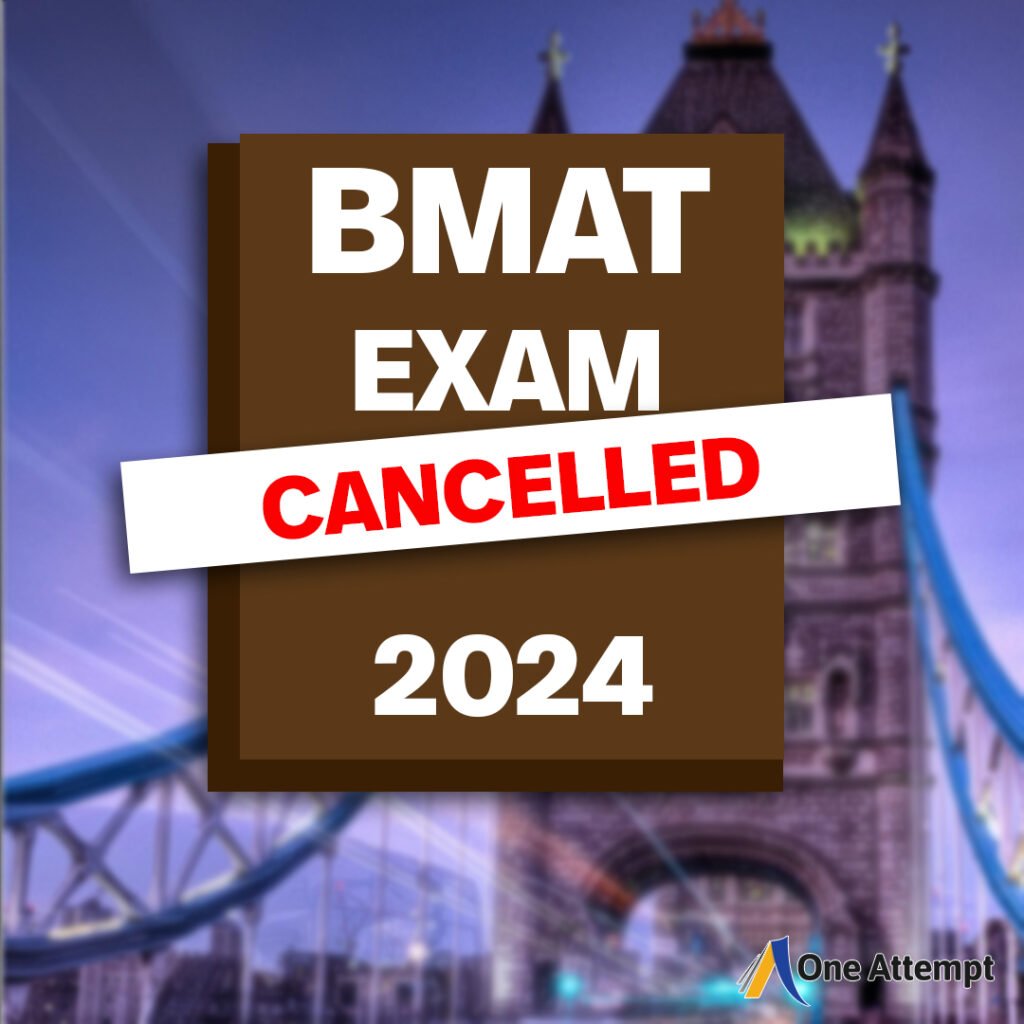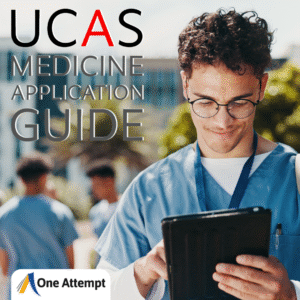Changes to the UK Medical School Application Process for 2024 & 2025

As of 2024, prospective medical students aiming to enter UK Medical Schools will encounter a significant change: the cancellation of the Biomedical Admissions Test (BMAT). This announcement, made by Cambridge Assessment Admissions Testing, marks a pivotal shift in the admissions landscape, impacting students applying for the 2025 entry and beyond.
What’s Changing?
The BMAT examination, previously a crucial component of the application process for several UK medical schools, will no longer be required from 2024 onwards. This decision discontinues creating and releasing new BMAT examination papers, effectively removing the test from the admissions criteria.
Transition to UCAT
With the elimination of the BMAT, several prominent UK medical schools, including Imperial College London, University of Oxford, University of Cambridge, and others, are transitioning to the University Clinical Aptitude Test (UCAT) as their new admissions assessment. This shift underscores the importance of understanding and preparing for the UCAT examination.
For UCAT online or offline classes, consider joining a free demo session at one attempt
Impact Beyond UK Borders:
While the discontinuation of the BMAT primarily affects applicants to UK medical schools, its implications also extend to international students. Medical schools outside the UK that previously recognised the BMAT in their admissions criteria will also need to revise their processes. International applicants aiming for medical education in the UK or other countries should verify the updated requirements for their desired institutions.
Navigating the Transition:
Prospective medical students transitioning from BMAT to UCAT should consider various factors. This includes understanding the differences between the two exams, adapting study strategies accordingly, and accessing resources tailored to UCAT preparation. Additionally, staying informed about updates from medical schools and examination bodies ensures applicants remain proactive in their preparations.
Broader Context of Assessment Changes:
Cancelling the BMAT is part of a broader trend of reassessing admissions assessments in higher education. Cambridge Assessment Admissions Testing’s decision to discontinue the BMAT and other Oxbridge admissions tests underscores the need for ongoing evaluation and refinement of assessment methodologies. This reflects a commitment to ensuring fairness, accessibility, and relevance in the admissions process.
Community Support and Resources:
Navigating changes in the medical school admissions process can be daunting , but prospective students need help to navigate it. Engaging with online communities, forums, and support networks can provide valuable insights and guidance. Additionally, seeking advice from educators, mentors, and admissions counsellors can offer personalized support tailored to individual circumstances.
Stay Updated:
As developments unfold, staying updated with the latest information is essential. Medical school applicants should regularly check official websites, announcements from examination bodies, and reputable sources for accurate and timely updates. By remaining vigilant and proactive, applicants can effectively navigate the evolving landscape of medical school admissions.
The cancellation of the BMAT marks a significant shift in the UK medical school admissions process, prompting students to adapt their strategies and preparations accordingly. While the transition may present challenges, it also offers prospective medical students an opportunity to demonstrate resilience, flexibility, and determination as they pursue their aspirations in the field of medicine.


